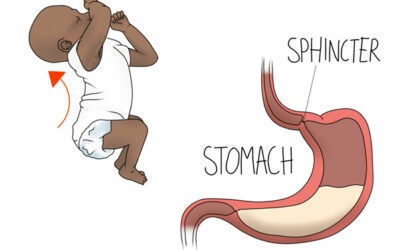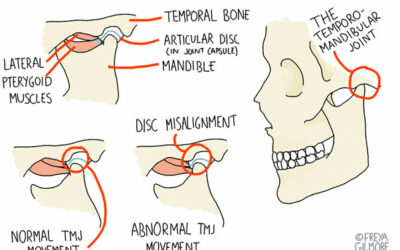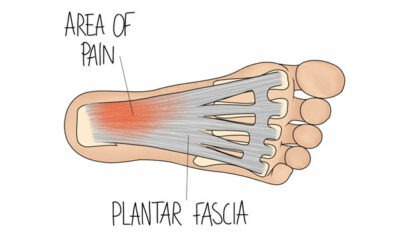 We’re well into the busy pre-Christmas period – how are you feeling? With so much to get done and lots of events and occasions to remember, it’s perfectly normal to feel a little stressed. Take time to look after yourself in the frantic festive run-up to avoid burning out before the big day arrives. Here’s our advice:
We’re well into the busy pre-Christmas period – how are you feeling? With so much to get done and lots of events and occasions to remember, it’s perfectly normal to feel a little stressed. Take time to look after yourself in the frantic festive run-up to avoid burning out before the big day arrives. Here’s our advice:
Don’t put pressure on yourself to make everything perfect. Who cares if your gift wrapping isn’t the quality of a Harrods professional giftwrapper, or the plates you serve Christmas dinner on don’t all match? Some things aren’t worth stressing over. What people will remember once the New Year has dawned is the quality time spent with family and friends. Relax and enjoy it.
Don’t try to do everything at once. Break down your festive ‘to do’ list into smaller manageable chunks and use December weekends to gradually work your way through everything.
And even better: delegate! Got older kids? Get them involved in writing Christmas cards or helping to wrap the presents. They’ll enjoy having more of a role in the festive preparations and it’ll free up time for you to work through the big stuff. And if you’re struggling to make all the carol concerts, nativity plays and Christmas fairs happening this month, enlist grandparents, aunties and uncles to go along and represent the family.
Keep your energy levels up with healthy snacks. Don’t cave in to coffee and mince pies every day of advent! Look after your body with snacks that will help you power up: nuts and seeds, peanut butter & banana on wholegrain toast, hummus & veg sticks, chickpeas roasted with spices – even a simple hardboiled egg!
Don’t abandon healthy habits. Yes, December is a very busy month for many of us but try to stick to your regular exercise routine. In itself exercise can be a great stress reliever and if you don’t fall behind, you’ll have one less thing to beat yourself up about.
Keep to a regular sleep schedule if you can. Get plenty of sleep in the festive run-up, going to bed at a similar time each night. When we’re well rested, we’re more focussed and can generally perform better. Sleeping well can also help to lower stress and boost mood. And keep alcohol consumption to a minimum as it can affect our sleep cycle, giving us a disturbed night’s sleep.
Spend time outdoors. After days (and nights) of overindulgence, a wintry walk can be just the ticket to blow the cobwebs away and reenergise. Staying indoors with less light stimulus for the brain can lead to a low mood, so wrap up to the cold, get out into the fresh air and expose yourself to sunlight for that all important vitamin D. You’ll feel so much better for it!
Want more wellbeing tips to stay positive this Christmas?
This Huffington Post article gives tips on letting go of perfectionism at Christmas.
And the Mayo Clinic has these tips on avoiding stress and depression at Christmas.
However you’re spending Christmas and New Year, the Good Health Centre team wishes you a wonderful time with your loved ones.



0 Comments